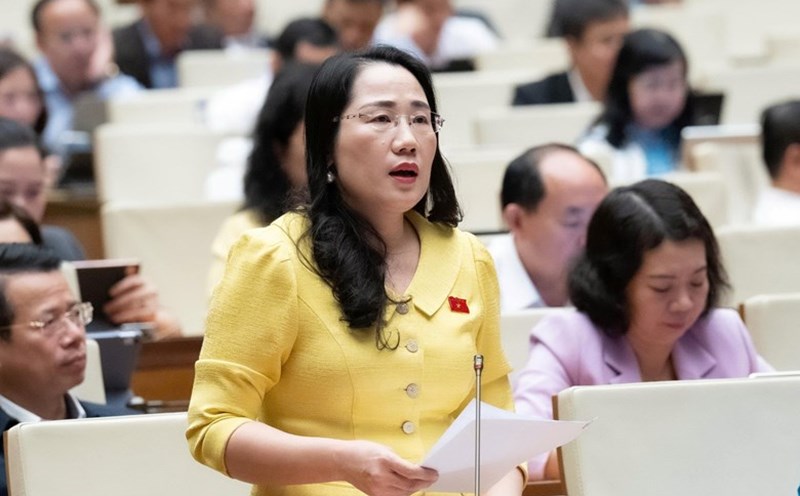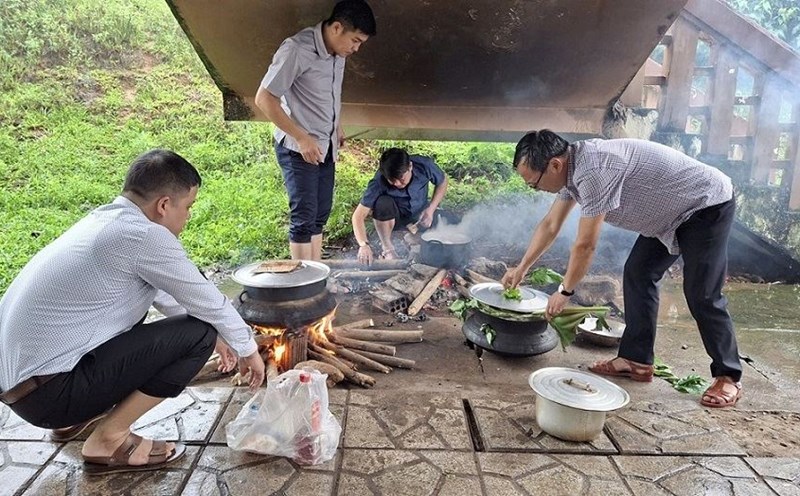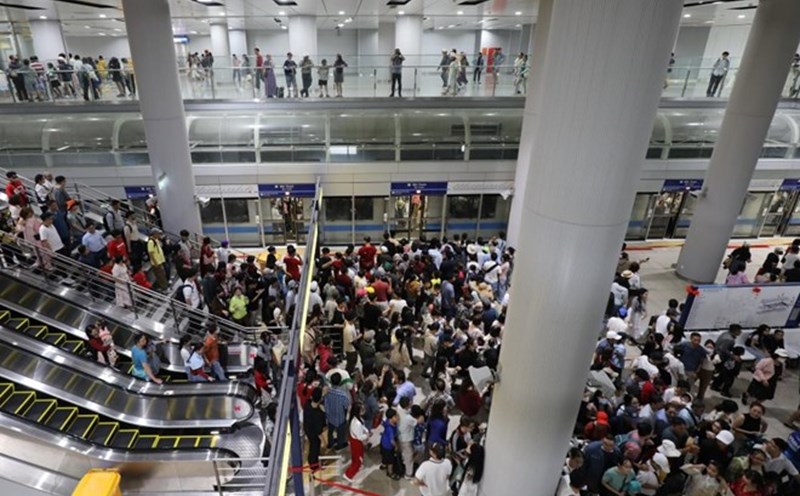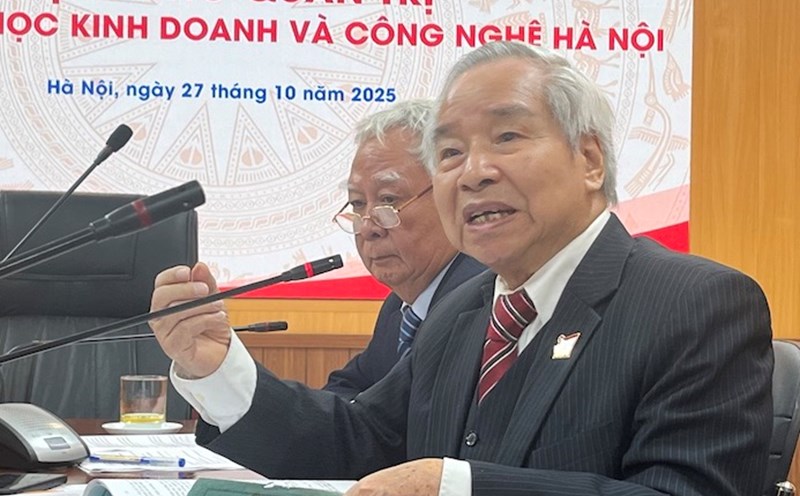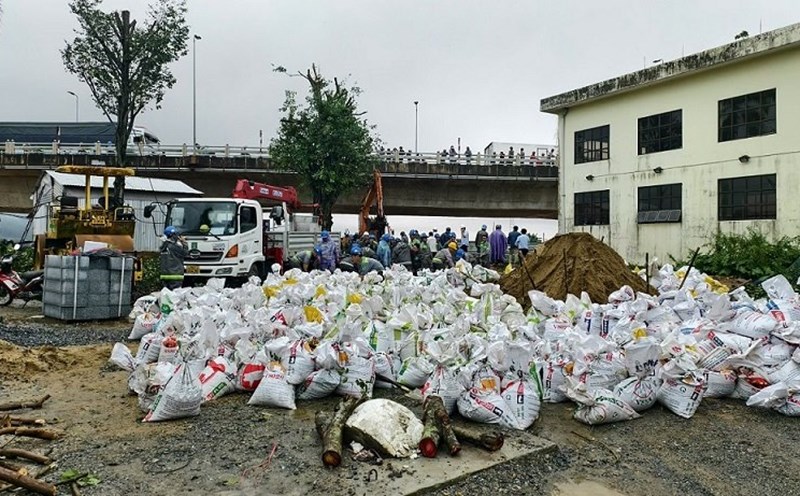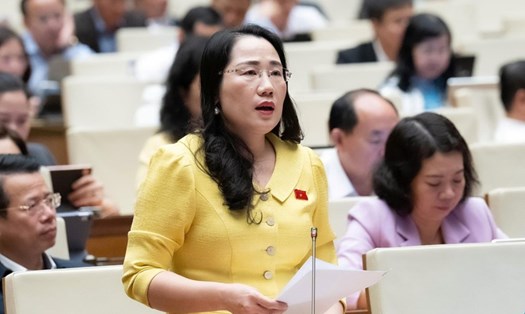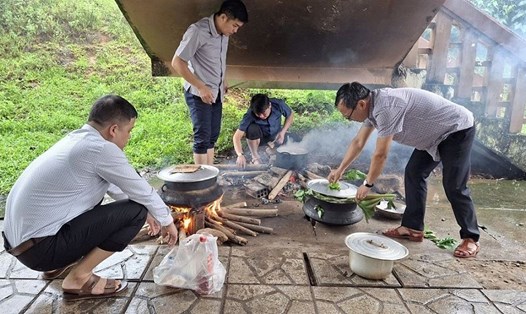Some commune officials only have time to process documents, not have time to read
In the discussion session on the socio-economic situation on the afternoon of October 29, delegate Tran Dinh Gia (Ha Tinh delegation) said that the policy of streamlining the apparatus, moving from the 3-level local government model to the 2-level local government model is a breakthrough step that the people have supported and highly appreciated.
Along with that, the Government has operated vigorously to achieve many important targets in socio-economic development.
However, according to the delegate and voters, the people still have many concerns and believe that when converting the organizational model of the apparatus, it is necessary to change the current leadership and management methods of the apparatus.
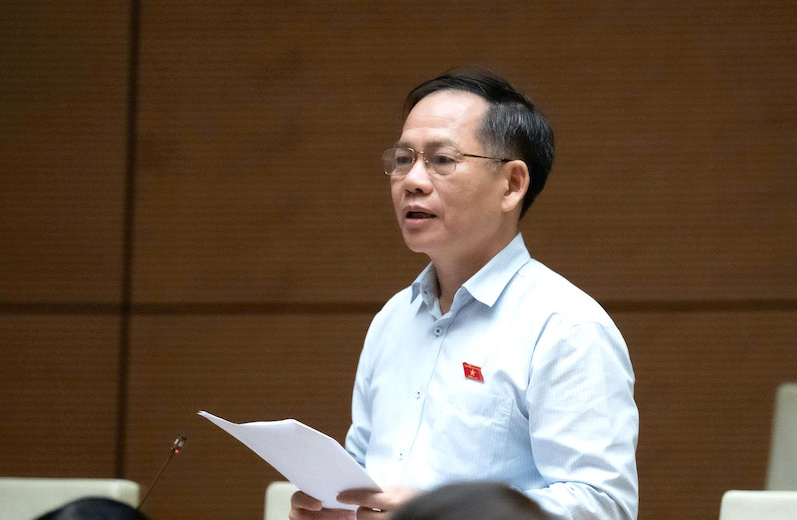
Voters reflected that current cadres spend too much time on meetings and reports, no longer have time to go to the grassroots to solve people's work.
"There are comrades who reflect that they only have time to process the text but not have time to read it because the amount of text is too much. With a very good technology platform and national database, it is completely possible to update data, synchronize this data nationwide and exploit it there to reduce reports, spend time handling people's work.
If the reporting volume is large and the meetings are large, the time of the staff will not meet the requirements, this is one of the issues I feel need to pay attention to and resolve in the near future" - delegate Tran Dinh Gia proposed.
"Each industry requires its own reporting, the form is not uniform, the reporting timeline is not uniform, leading to the handling of these contents that greatly affect the work of cadres at the grassroots level" - the delegate added.
Proposal for salary treatment policy for commune officials
Regarding the arrangement of the apparatus and implementation of the two-level local government model, delegate Mai Van Hai (Thanh Hoa Delegation) said that after nearly 4 months, the two-level local government model has come into basic smooth operation, focusing on handling administrative procedures for people and businesses and promoting socio-economic development at the grassroots level.
However, the delegate also pointed out the remaining limitations such as the surplus and local shortage of cadres after transfer, especially in mountainous, remote and isolated communes while policies have not been improved.
From there, he suggested re-evaluating the decentralization and delegation of authority to the commune level. At the same time, direct the early implementation of determining job positions and developing a salary policy commensurate with the job positions of civil servants.
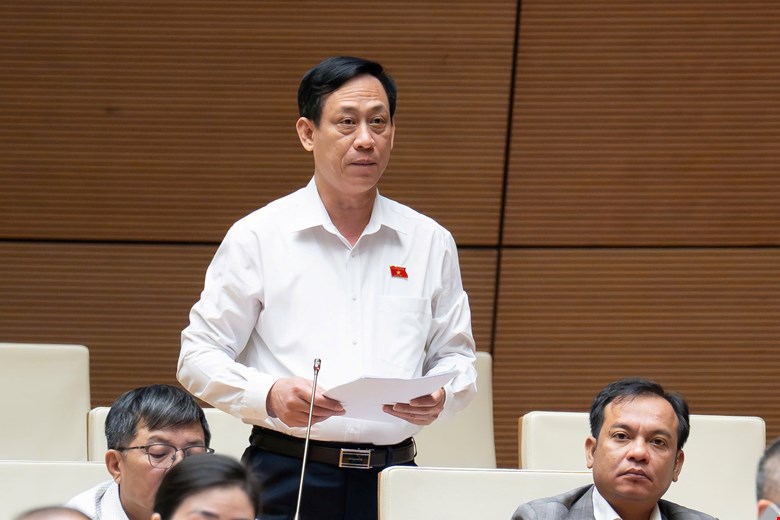
"In the immediate future, I propose to soon have a salary compensation policy for the current team of commune cadres and civil servants so that they can work with peace of mind" - Mr. Hai suggested.
The delegate also recommended that the Government direct the issuance of regulations on evaluating cadres and civil servants based on work results, and have a mechanism to screen cadres and prepare to replace cadres who do not meet the requirements of the task.


